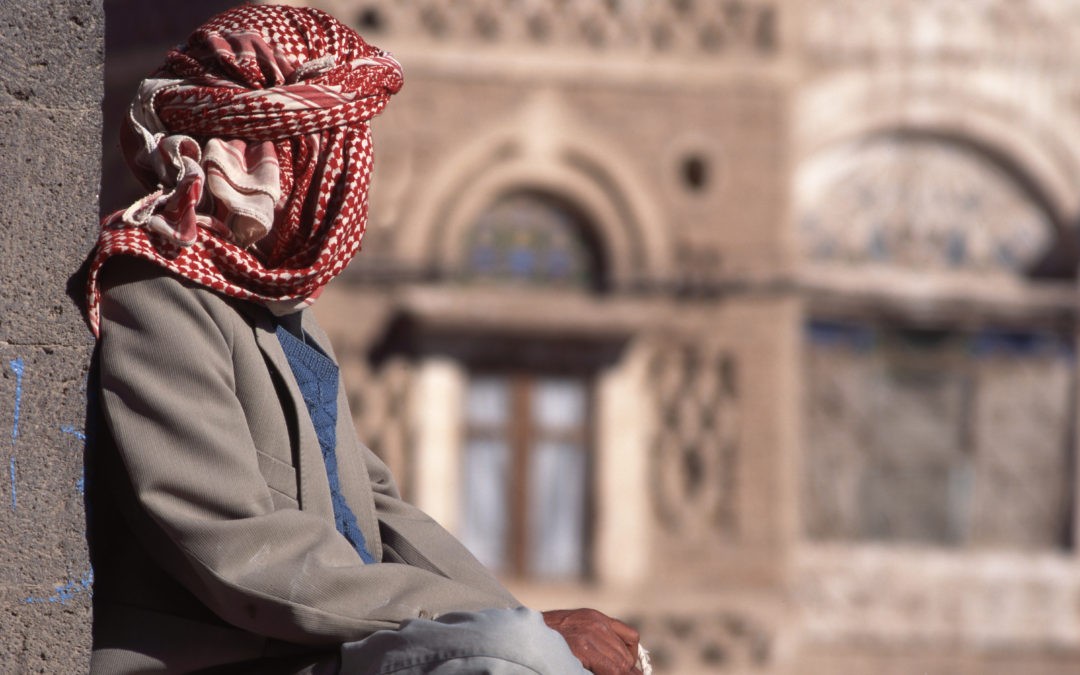If Liquefied Petroleum Gas (LPG) and other hydrocarbon products will be made more available to the public, then it could save more lives.
What is LPG?
According to the United States Energy Information Administration (EIA) LPG is defined as “…hydrocarbon gases, primarily propane … derived from crude oil refining or natural gas processing”. The European LPG Association (AEGPL) refers to LPG as the most useful gas as it has “literally thousands of uses at home, in commercial business, in industry, on the farm, and for transportation”. LPGs have lower greenhouse gas emissions than any other fossil fuel. It’s non-toxic and will not contaminate in the event of a leak.
Even for campers, LPG is already a familiar product such as the Coleman fluid that is being used for its light and fuel. LPG is the no. 1 source for cooking, lighting, and heating in many parts of the world. However, not everyone has access to these lifesaving hydrocarbons.
LPG, saving millions of lives
The World LPG Association (WLPGA) also reported that “The survival of three billion people or close to half of the world’s population (41%) depends on cooking with polluting solid fuels (e.g. wood, dung, crop waste, coal, and charcoal)”. The sad fact is that, primarily, poor rural women and their children are exposed to high levels of household air pollution. Women and children are more prone to early deaths because of the lack of access to clean-burning LPG.
In 2012, 4.3 million premature deaths were noted. The main cause according to WLPG, is exposure to this kind of pollution, where one person is dying every eight minutes. 13%, or over 500,000, were children under five years old.
According to the World Health Organization (WHO) Global Burden of Disease project (GBD), smoke from cook fuel is the fourth most important risk factor impacting global health, rating below smoking and just above alcohol.
LPG In Yemen
Yemen is considered as the 16th largest seller of liquefied natural gas (LNG) and currently the 32nd largest oil exporter in the world. LPG is the most effective solution available for the largest environmental health risk in the world: cooking with solid fuels.
Haitham Alaini is an entrepreneur from Yemen with over 20 years of experience. He focuses on issues surrounding the environment, education, and preserving Yemen. Alaini is passionate about exploring innovative technology that will help improve Yemen, his native country.
-Haitham Alaini
